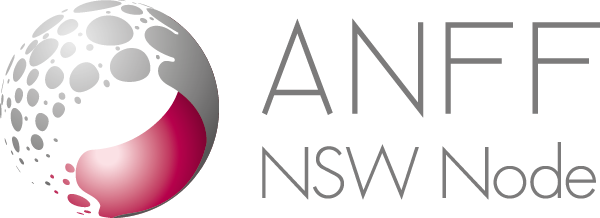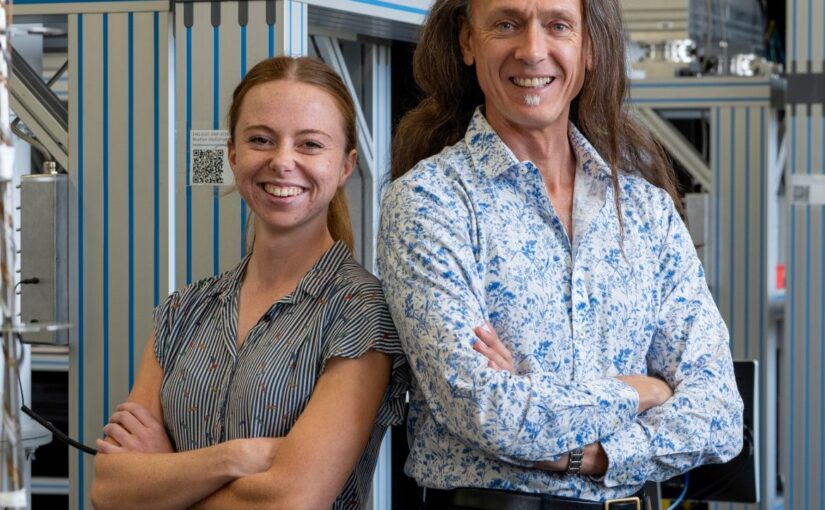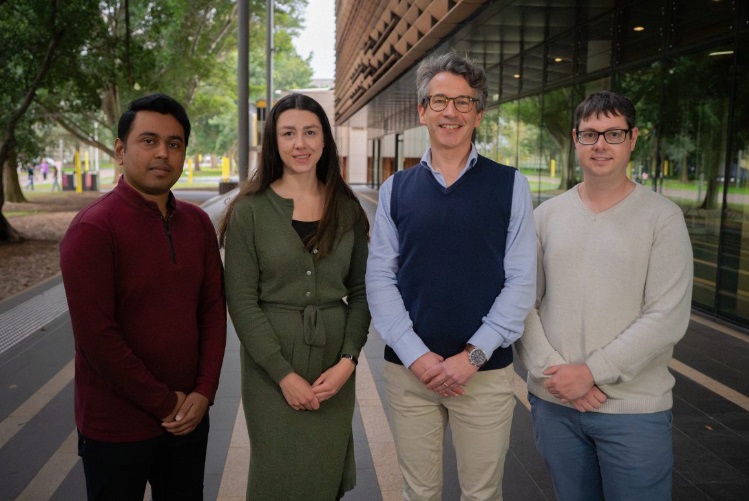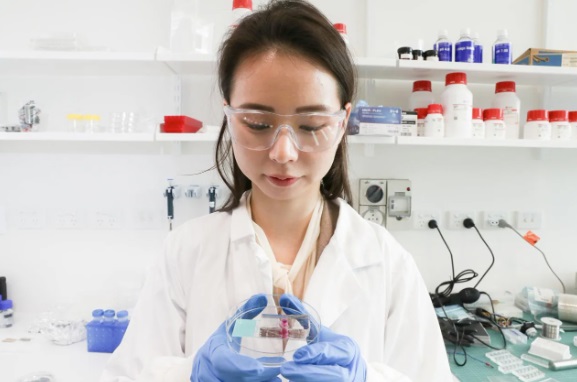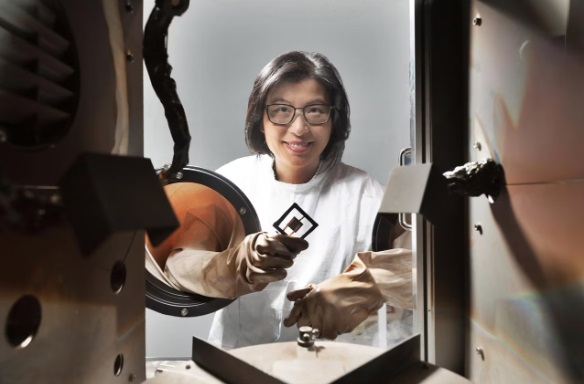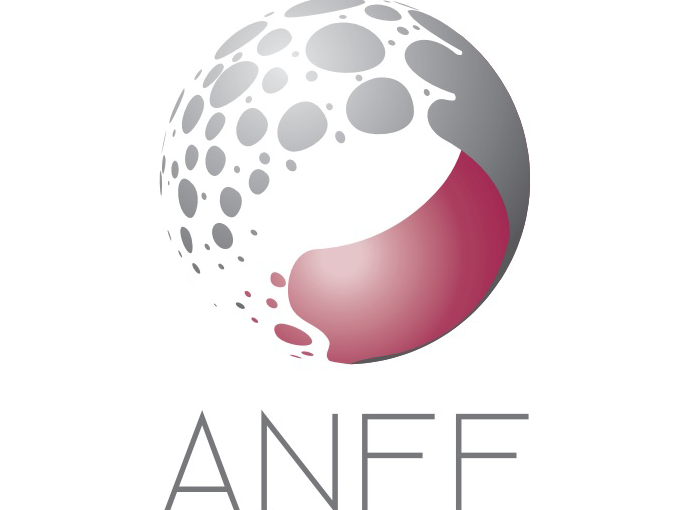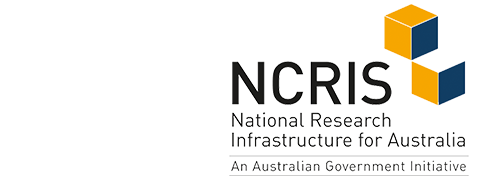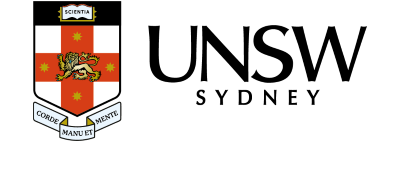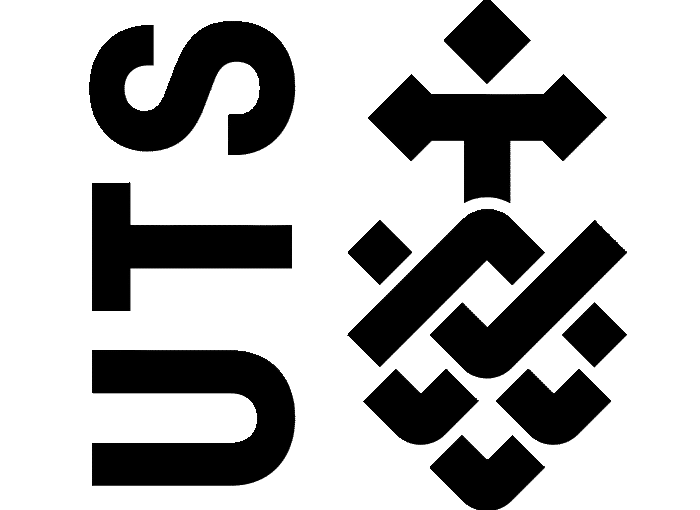The NSW Office of the Chief Scientist and Engineer of NSW (OCSE) has announced a $15 Million Funding Boost for NSW Research , via its NCRIS Support Program, including a major funding share for the NSW Consortium of ANFF Nodes
The ANFF consortium submission, led by Dr Matt Boreland at ANFF-NSW@UNSW, secured $3.2M from the program making it the single biggest project award in this round (2023 NCRIS NSW Recipients ). Moreover, a large portion of the $3.2M award to ANFF will be used as co-funding for the Federal NCRIS2023 program which will release an additional $2.9M of Federal ANFFL funds and $1.42M institutional co-funding. Overall, the total effective impact of this award will amount to approximately $7.5M of investment into the NSW Consortium of ANFF Nodes involving six partner universities (UNSW, USYD, UoW, UoN, UTS, MQU)
At our node, ANFF-NSW will receive $1.63M across the Node partners at UNSW ($765k), USYD ($703k) and UTS ($156k), which is similarly expected to release an additional $3M of Federal ANFFL funding and Institutional co-funding via the NCIRS2023 program. This injection of essential new funding will enable ANFF-NSW to continue its mission to drive greater innovation and collaborative R&D in Australia via the provision of open-access world-class fabrication facilities, training, and expertise focused on micro and nano fabrication.
Additional information available on the National ANFF website: ANFF NSW Facility Hubs Receive $3.2M Funding Boost – Australian National Fabrication Facility Limited
